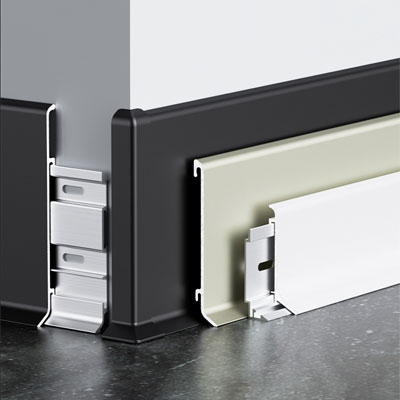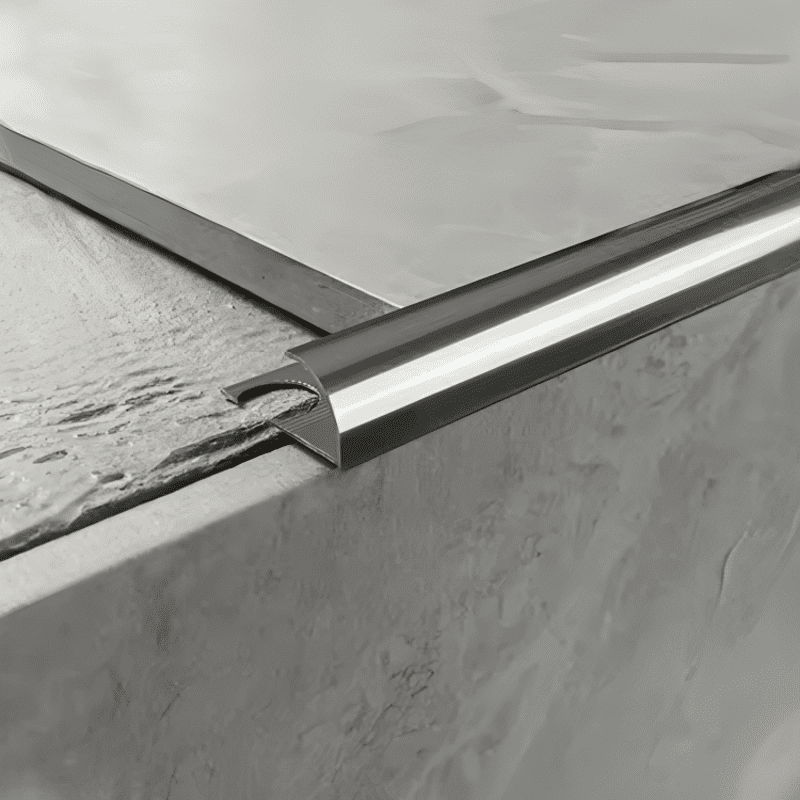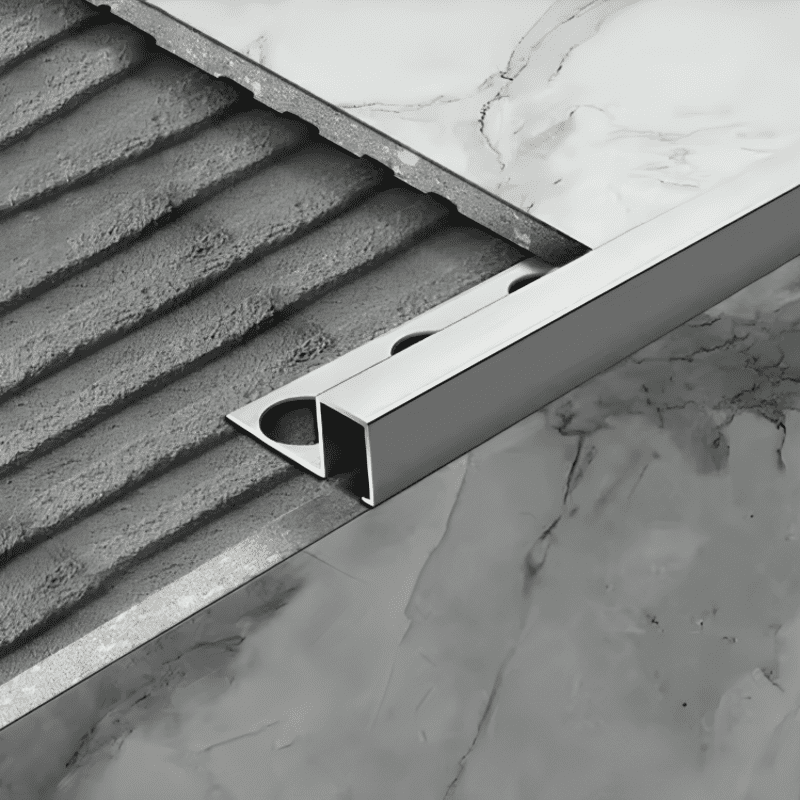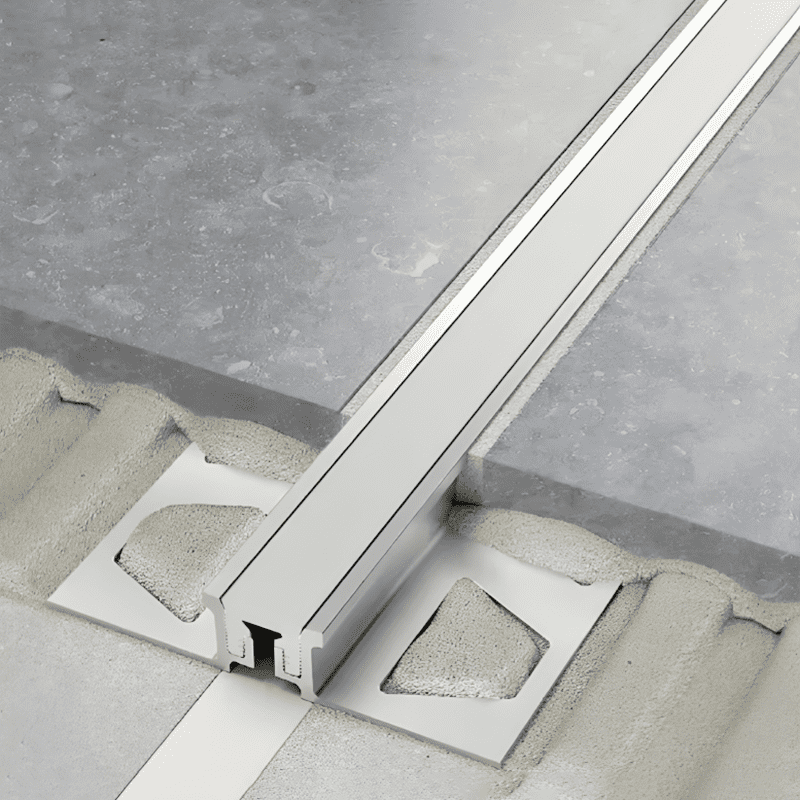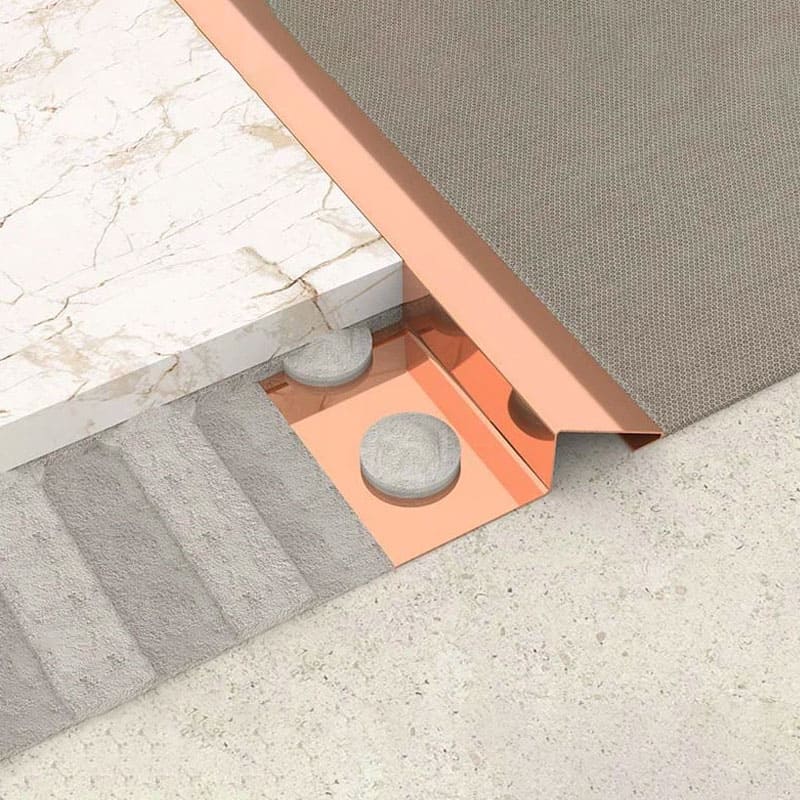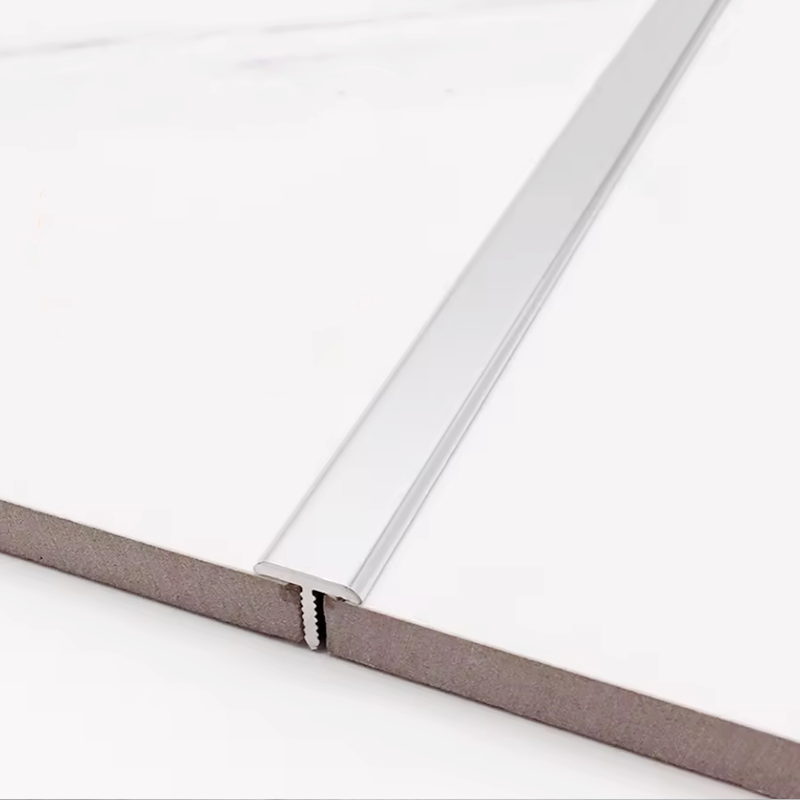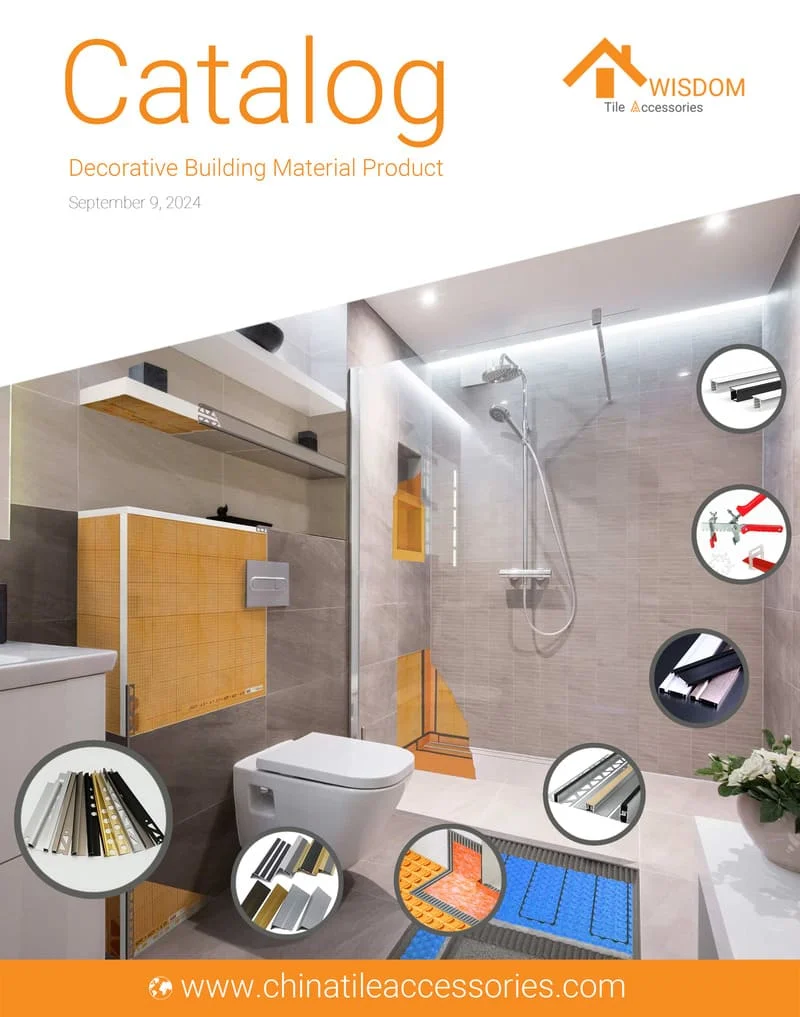Are you ready to be part of the future of sustainable urban development in the UAE?
Discover Estidama meaning, Abu Dhabi’s pioneering initiative that’s transforming how communities and cities evolve towards environmental, cultural, and economic sustainability.
Whether you’re a developer, architect, or simply someone passionate about sustainable living, learn how Estidama’s principles and the Pearl Rating System are making a significant impact on building standards, enhancing quality of life, and preserving the region’s unique heritage.
Join us as we delve into the innovative world of Estidama, where every step forward is a step towards a more sustainable and prosperous future.
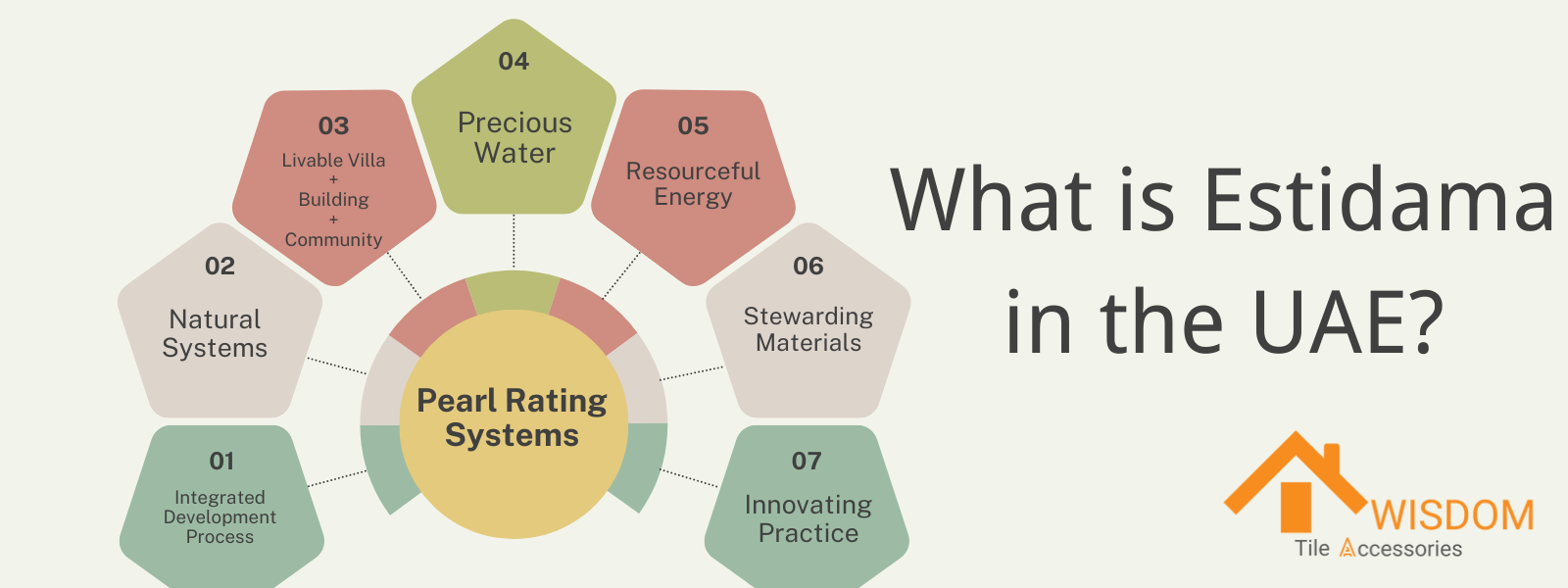
What is Estidama in the UAE?
Estidama, meaning 'sustainability' in Arabic, is a comprehensive initiative developed by the Department of Urban Planning and Municipalities in Abu Dhabi. It reflects a commitment to sustainable development tailored to the unique climatic, cultural, and economic needs of the region. The program is not just about building sustainably but is deeply rooted in the ethos of improving the quality of life while maintaining the unique identity and cultural heritage of Abu Dhabi.
Purpose
The purpose of Estidama is to integrate sustainable development practices into the very fabric of the urban development process in Abu Dhabi. This involves fostering a new mindset geared towards sustainable living and development, aiming to enhance the quality of life for residents through careful planning and responsible resource management.
Applicability
Estidama applies to all new development projects in Abu Dhabi. It serves as a critical tool for urban planners and developers, guiding them in creating more sustainable and environmentally responsible buildings. This aligns with Abu Dhabi's broader goals under its 'Plan 2030', which lays the groundwork for a sustainable and economically viable urban future.
Mandate
Under the Estidama framework, all new projects in Abu Dhabi must achieve a minimum of a 1 Pearl rating to be approved for construction. Government-funded buildings have a higher requirement, needing at least a 2 Pearl rating. This system ensures that all new developments contribute positively to the sustainability goals of the region, with higher ratings achievable through the incorporation of additional sustainable practices beyond the mandatory requirements.
Estidama | Points | Points Range | Certificate |
|---|---|---|---|
Integrated Development Process | 13 | All Mandatory Credits | 1 Pearl |
Natural Systems | 13 | All Mandatory Credits + 60 Credit Point | 2 Pearl |
Livable Communities | 37 | All Mandatory Credits + 85 Credit Point | 3 Pearl |
Precious Water | 43 | All Mandatory Credits + 115 Credit Point | 4 Pearl |
Resourceful Energy | 44 | All Mandatory Credits + 140 Credit Point | 5 Pearl |
Stewarding Materials | 28 | Cell | |
Innovating Practice | 3 | Cell | Cell |
Total | 177 | Cell | Cell |
What is the Pearl Rating System?
The Pearl Rating System (PRS) is a key component of the Estidama initiative, designed specifically for the hot climate and arid environment of Abu Dhabi. It provides a framework for assessing the sustainability of developments throughout the Emirate, focusing on the entire lifecycle of the building process — from design through construction to operation. The PRS is unique in that it adapts sustainability principles to the local context, ensuring that they are practical and effective.
Rating Categories
- Site: This category assesses factors like the density of development, the quality of site selection, and the quality of outdoor spaces. Emphasis is placed on choosing locations that minimize environmental impact, promote accessibility, and enhance the quality of life for residents.
- Energy: Energy efficiency is a critical component of the PRS. This category includes the conservation of energy, the efficiency of building design and systems, and the management practices that reduce energy consumption. Utilizing renewable energy sources and incorporating advanced building management systems are key strategies in this category.
- Water: Water conservation is another cornerstone of the PRS. This category promotes water reuse, recycling, and the use of efficient fixtures to minimize water wastage. Strategies include the implementation of water-saving technologies and the design of landscapes that require minimal irrigation.
- Materials: This category focuses on the use of locally sourced, sustainable materials that reduce the carbon footprint. It encourages the reuse of resources and supports the use of materials that are environmentally friendly throughout their lifecycle.
- Waste: Waste management is crucial, particularly during construction and operational phases. The PRS emphasizes the reduction, reuse, and recycling of waste materials, aiming to divert a significant percentage of construction waste from landfills.
- Health and Comfort: This category ensures that the indoor environment promotes occupant health and comfort. It includes criteria for indoor air quality, acoustic comfort, and adequate lighting. The goal is to create living and working environments that are healthy and comfortable for all users.
- Innovation: The PRS rewards innovative practices that exceed standard sustainability requirements. This encourages the adoption of cutting-edge technologies and novel approaches that push the boundaries of traditional sustainability practices.
Each category in the Pearl Rating System is structured to address specific aspects of sustainability, ensuring that developments not only meet basic environmental standards but also contribute positively to the well-being of their inhabitants and the larger community. The PRS is a comprehensive system that helps projects achieve sustainability goals through a well-rounded approach, balancing environmental responsibility with practical implementation.
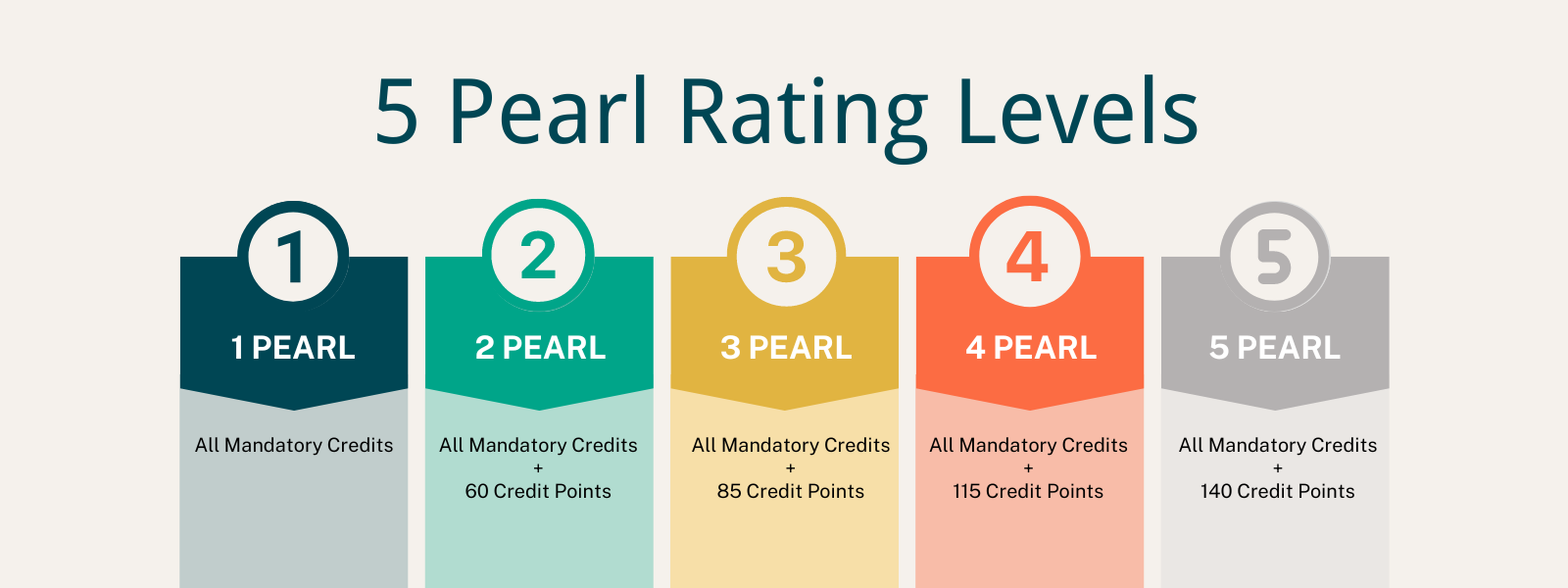
Pearl Rating Levels
The Pearl Rating System (PRS) offers a tiered framework to evaluate and encourage sustainability in construction and development projects in Abu Dhabi. It categorizes buildings and communities based on their compliance with sustainability criteria, assessed through mandatory and optional credits.
- 1 Pearl: This is the basic level of certification and signifies that a project has met all the mandatory credits specified in the PRS. Achieving a 1 Pearl rating ensures that the essential standards of sustainability are integrated into the project, making it compliant with the minimum requirements for environmental responsibility and resource efficiency.
- 2-5 Pearls: Projects that aim for a rating of 2 to 5 Pearls must meet all the mandatory credits, similar to the 1 Pearl level, but must also accumulate additional points through optional credits. The number of optional credits required increases with each level. The higher ratings reflect a deeper commitment to sustainability and are indicative of superior performance in areas such as energy efficiency, water conservation, material sustainability, and innovation. Projects with higher Pearl ratings are considered leaders in sustainability, setting benchmarks for others in the region.
Each level of the Pearl Rating System is designed to encourage project developers to go beyond baseline sustainability practices and aim for higher environmental performance and resource management standards. Achieving higher Pearl ratings not only aligns with Abu Dhabi's sustainability goals but also showcases a project's commitment to environmental stewardship and social responsibility.
Pearl Rating Stages
The Pearl Rating System (PRS) for Estidama is structured around three critical stages of a project's lifecycle to ensure that sustainability is integrated from the initial design phase through to the operational life of the building. These stages are designed to monitor and encourage sustainable practices throughout the entire process.
- Design Stage: During this initial stage, sustainability measures are incorporated into the architectural design and planning of the project. The design stage focuses on setting the groundwork for sustainable practices, such as optimizing site orientation, integrating energy-efficient systems, and selecting sustainable materials. The goal is to plan for a building that minimizes environmental impact while maximizing resource efficiency. Projects must meet certain sustainability criteria at this stage to progress to the next phases.
- Construction Stage: This stage scrutinizes the actual building process, ensuring that the sustainability plans set out in the design stage are implemented correctly. It involves monitoring construction techniques, managing waste, and ensuring that the materials used are as specified in the approved sustainable design. This stage is critical for maintaining fidelity to the sustainability goals established during the design phase and for adjusting any discrepancies that may arise during construction.
- Operational Stage: The final stage evaluates the building's performance during its operational life, ensuring that it continues to adhere to the sustainability standards set out in the earlier stages. This involves regular assessments of energy and water use, waste management, and indoor environmental quality. The operational stage is crucial for long-term sustainability, as it ensures that the building operates as efficiently as it was designed to be, and adjustments can be made to improve performance over time.
Each of these stages is essential for achieving the desired Pearl rating, with ongoing assessments and improvements ensuring that the building remains a model of sustainability throughout its operational life.
Collaborate with Awisdom Tile Accessories for Advanced Sustainable Construction
Awisdom Tile Accessories has been at the forefront of the building materials industry, committed to innovation and quality in the production of aluminum alloy products. As a recognized leader in tile accessory solutions, our expertise and advanced manufacturing capabilities ensure that each product meets the high standards necessary for sustainable construction practices encouraged by the Estidama framework.
Excellence in Manufacturing and Supply
Our commitment extends beyond quality manufacturing. We provide tailored solutions that cater to the unique needs of each project, supporting both aesthetic and functional requirements with a focus on environmental sustainability. With advanced technology and extensive industry experience, Awisdom Tile Accessories offers a portfolio that includes aluminum tile trims, stair nosings, and skirting boards, essential for any modern construction project aiming for Estidama certification.
Global Reach with Local Precision
Utilizing our strong production capabilities and extensive logistics network, we guarantee efficient delivery of high-quality materials across the UAE and beyond. This ensures that our clients can rely on us for timely project execution with materials that align with both global standards and local sustainability mandates.
Engage with Us
We invite architects, developers, and contractors to partner with us in shaping the sustainable architecture of tomorrow. Discover how our comprehensive range of products can contribute to your next project’s sustainability goals and aesthetic values.
For more information on our products and services, or to discuss your specific project needs, please contact us:
- Email: [email protected]
- Phone: +86 158 9983 2527
By choosing Awisdom Tile Accessories, you ensure that your projects not only excel in sustainability but also in style and performance.
FAQs about Estidama
What are the 4 pillars of Estidama?
Estidama is built on four foundational pillars that guide sustainable urban development in Abu Dhabi. These are:
- Environmental: Prioritizing resource conservation and the protection of natural habitats.
- Economic: Supporting sustainable economic growth and efficiency.
- Social: Enhancing the well-being and quality of life for all residents.
- Cultural: Preserving and enriching Abu Dhabi's cultural heritage and identity. These pillars collectively ensure that all aspects of sustainability are addressed, integrating ecological, economic, and social values into the urban fabric.
Is Estidama mandatory?
Yes, Estidama is mandatory for all new construction projects in Abu Dhabi. The Pearl Rating System, integral to Estidama, requires a minimum of 1 Pearl rating for private developments and at least 2 Pearls for government and publicly funded buildings, including infrastructure like schools and hospitals. This ensures that new developments adhere to stringent sustainability standards.
How do I get Estidama certified?
To become Estidama certified, individuals must pass exams related to the Pearl Building Rating System (PBRS) and the Pearl Community Rating System (PCRS). Successful candidates are awarded the status of Pearl Qualified Professional (PQP), which qualifies them to oversee and ensure the sustainability compliance of various projects under the Estidama framework.
What is the difference between ejari and Estidama?
Ejari and Estidama serve different purposes in the UAE's real estate and building regulations. Ejari is a system that regulates the rental market in Dubai, ensuring all rental contracts are registered with the government. Estidama, on the other hand, is a sustainability program specific to Abu Dhabi, focusing on ensuring that buildings and developments meet certain environmental standards. It is not directly related to rental agreements or trade licensing.
What are the U value requirements for Estidama?
For Estidama projects, the U-value, which measures the rate of heat transfer through building materials, must be less than 3.5 W/m²K for window systems. This requirement ensures that buildings are constructed with materials that enhance thermal efficiency, contributing to significant energy savings and greater environmental sustainability.
When was Estidama introduced?
Estidama was officially introduced in May 2010 by an Executive Council Order in Abu Dhabi. The mandate required all new buildings from September 2010 onwards to comply with Estidama's sustainability standards, integrating these practices into the city’s urban planning and development processes to foster a more sustainable environment.

